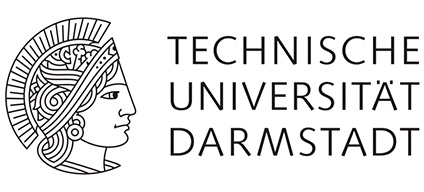Main Content
Why is research data management important for me?
The following reasons speak for systematic research data management and at the same time underline its importance for good scientific practice:
Research funding: Research data management, in some cases also data sharing, is often required by research funding bodies in order to enable the validation of results and to avoid multiple funding. (What are the requirements of funding bodies, publishers and universities?)
Re-usability: Good research data management minimises the risk of data loss and ensures the long-term usability of data, the acquisition of which is usually complex and associated with high costs, over 10 years and beyond, as required by good scientific practice.
Reproducibility: If experimentally obtained research data are maintained appropriately, a long-term reproducibility of results is possible.
Verifiability: The documentation of research data and its creation also makes results verifiable in the long term.
Citability: Data publications are fully citable as independent publications and thus increase the visibility of one's own research.
The following figure also shows the goals that can be pursued with research data management in different contexts:

Fig. 2: Goals that can be pursued with RDM












